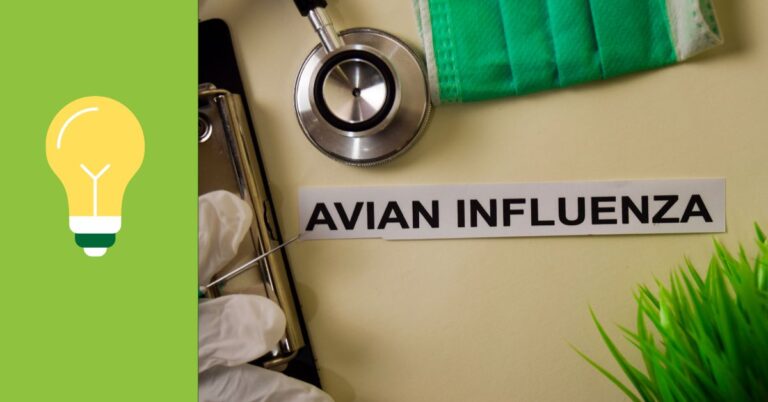Avian influenza poses a serious threat to poultry health and farm profitability, making strict biosecurity measures essential. One of the most effective ways to prevent outbreaks is by implementing robust...
Read MoreThe importance of farm entry protocols in prevention avian influenza
By Agrihop
This is an insight for the question: What are the best biosecurity measures to prevent diseases like avian influenza?
Biosecurity is a fundamental practice in poultry farming, and one of the most effective ways to prevent avian influenza outbreaks is by enforcing strict farm entry protocols. Controlling access to poultry facilities minimizes the risk of introducing pathogens that can devastate flocks and disrupt production.
Essential Farm Entry Measures
Restricted Access – Only authorized personnel should enter poultry farms. Visitors and workers must be logged and screened for recent contact with other poultry.
Footwear and Clothing Disinfection – Entry points should have disinfectant footbaths, and farmworkers should change into designated boots and clothing before entering poultry houses.
Handwashing and Sanitation Stations – Providing hand sanitizers and requiring proper handwashing reduces the risk of carrying pathogens into poultry areas.
Vehicle and Equipment Disinfection – All vehicles and equipment entering the farm should be thoroughly cleaned and disinfected to prevent cross-contamination.
Separate Zones for Different Flocks – Maintaining distinct areas for different bird groups, including quarantine zones for new or sick birds, helps prevent disease spread.
Implementing strict farm entry protocols significantly reduces the risk of avian influenza and other infectious diseases. Combined with other biosecurity measures, these protocols ensure flock health, farm sustainability, and industry growth.

